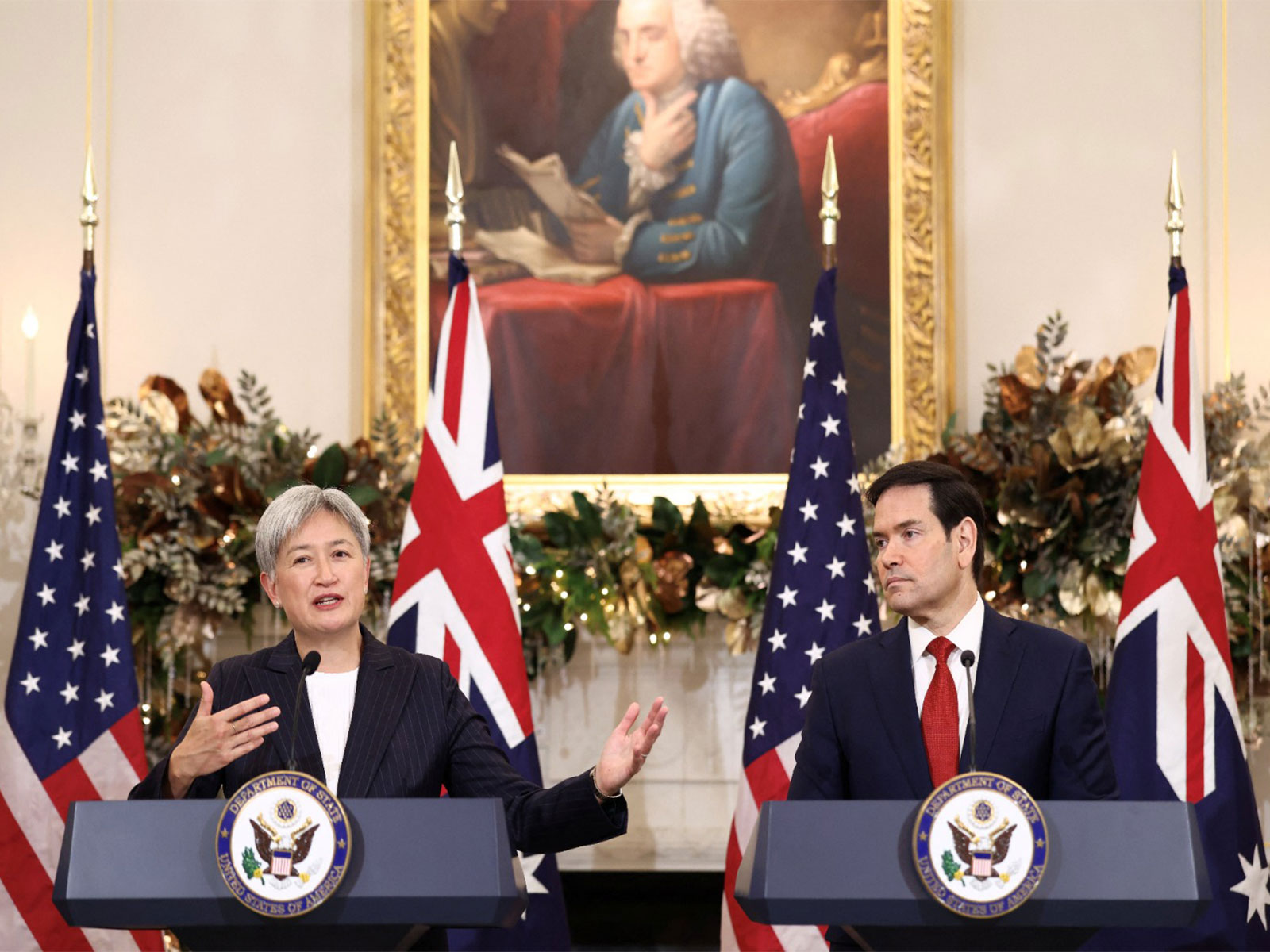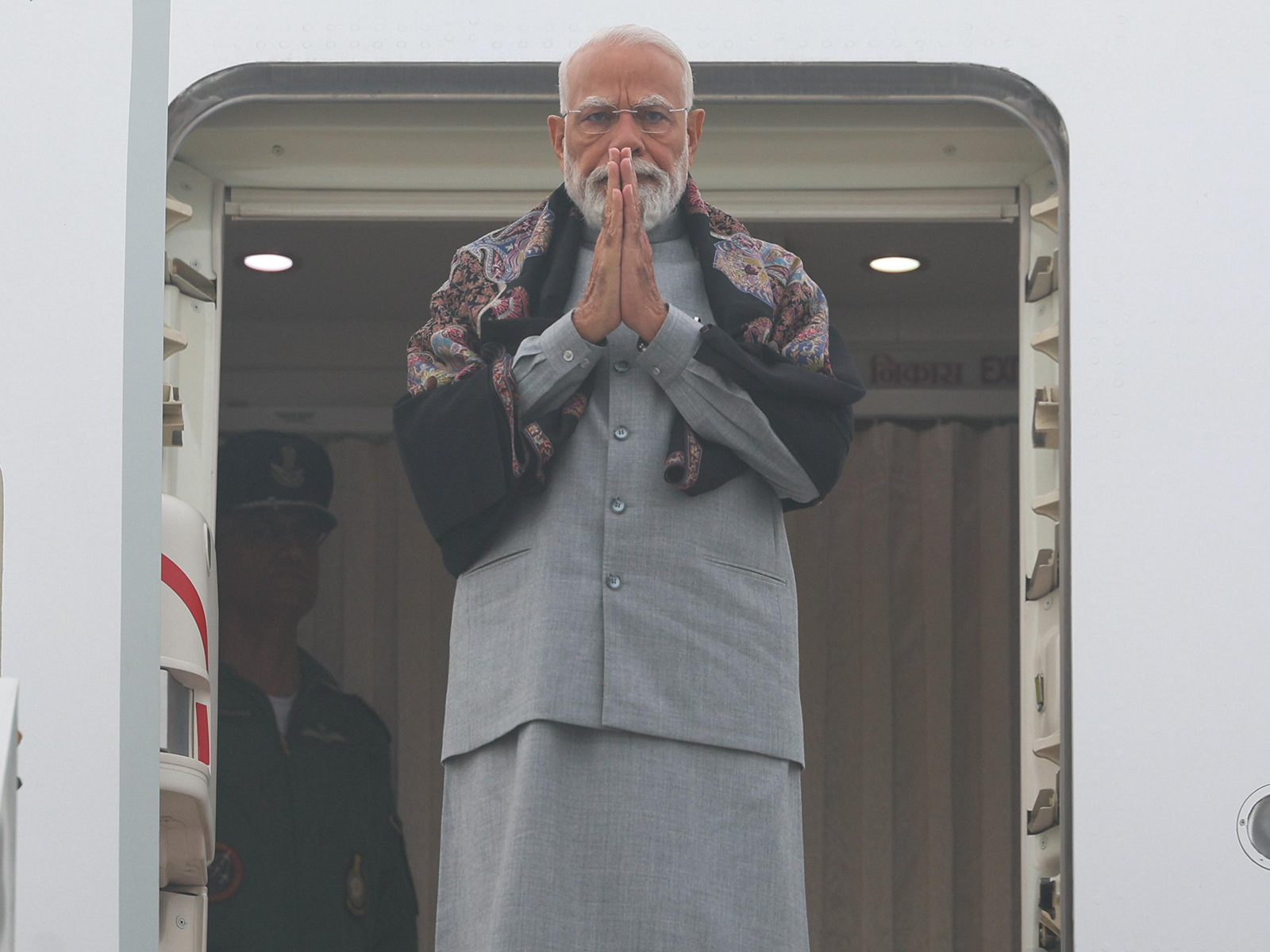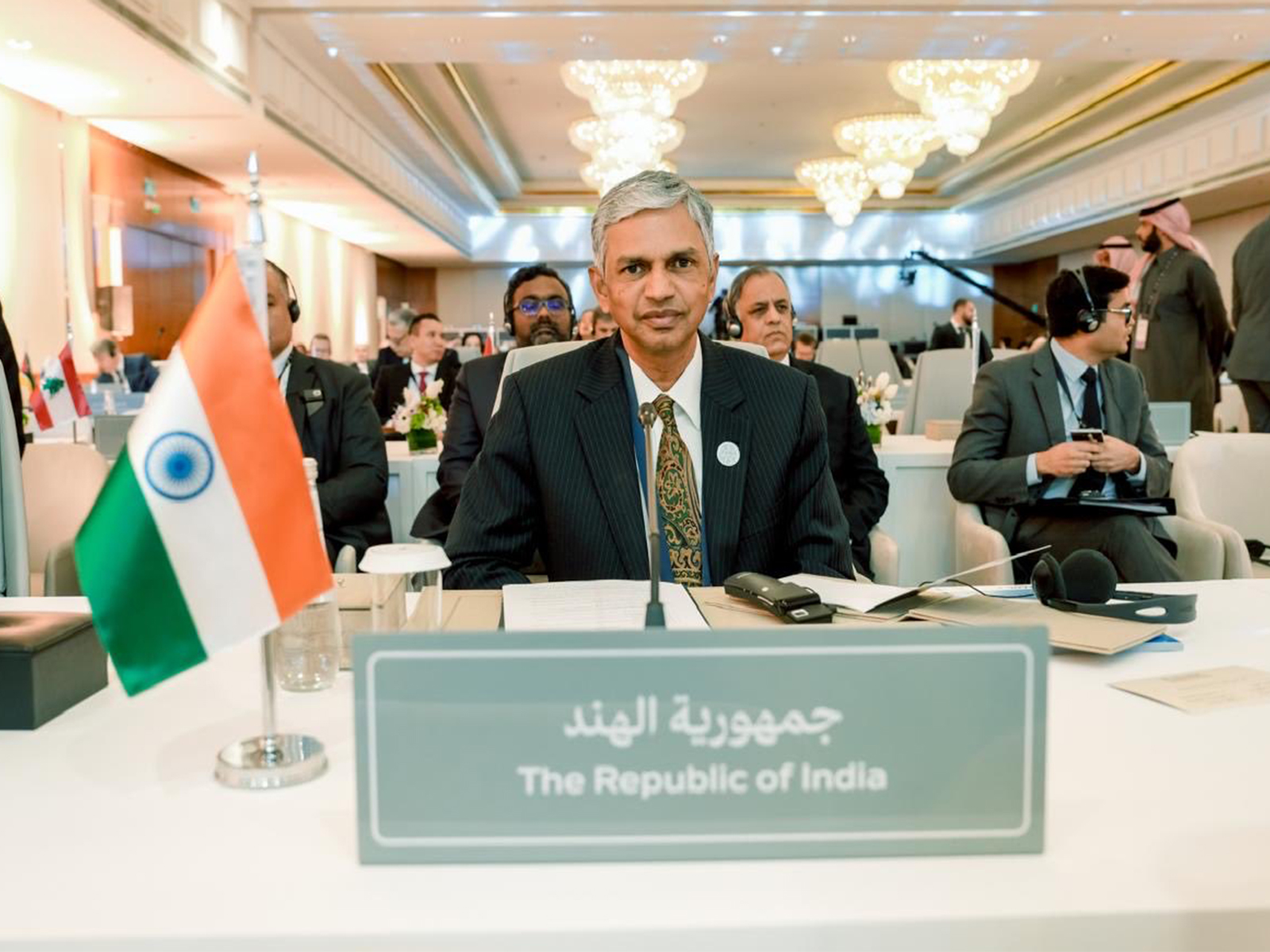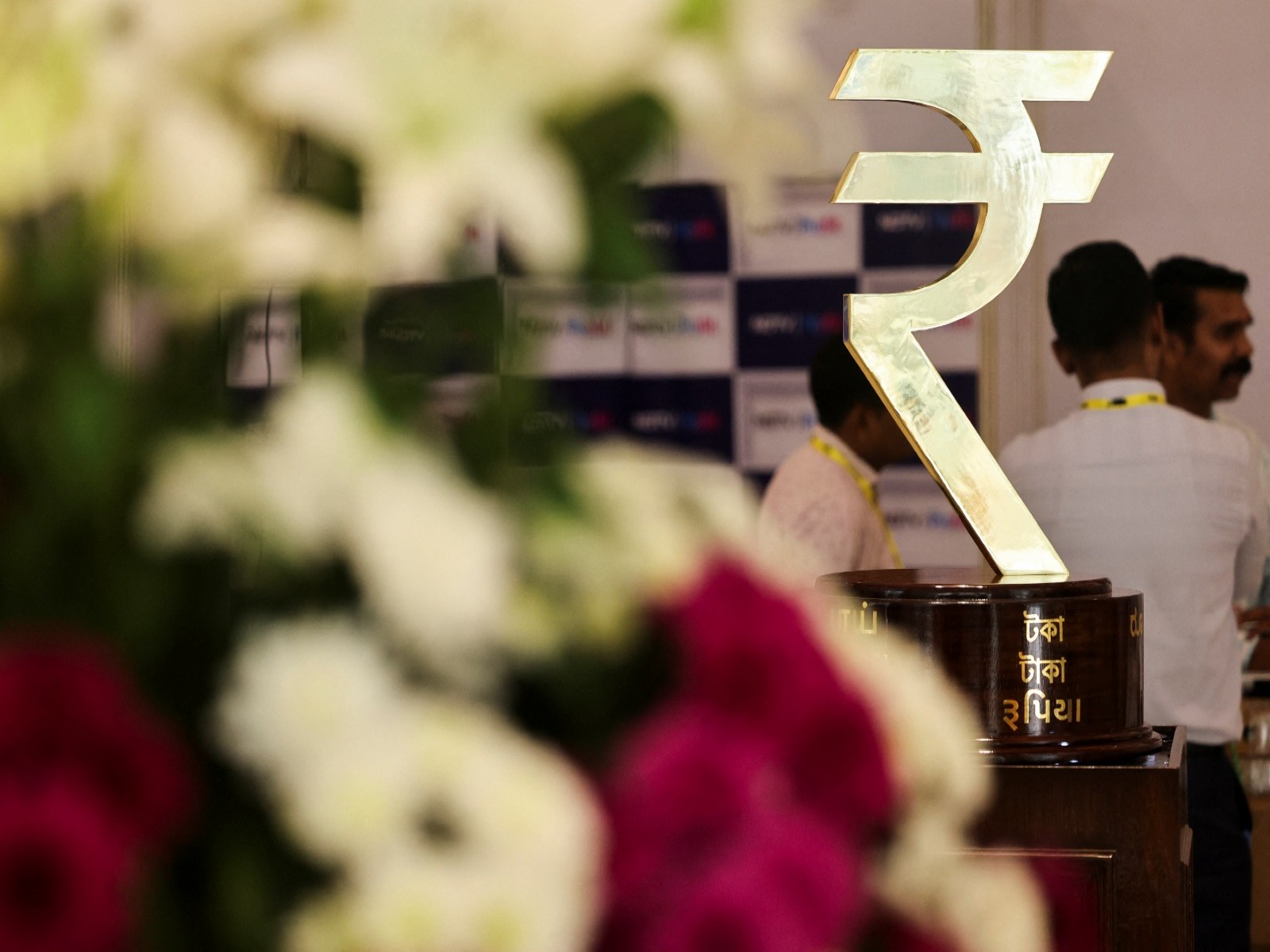Tanzania to revive port project in Bagamoyo amid China's hope to ease 'Malacca Dilemma'
Jul 01, 2021

Dodoma [Tanzania], July 1 : Tanzania's decision to resuscitate a USD 10 billion port project in Bagamoyo has set off guesswork that China, the port's main financier, is seeking a foothold on the East African coast.
Last week, President Samia Suluhu Hassan announced that Tanzania would resume the port project, which had been stopped due to concerns regarding the demands about the usage of the facility. "We are going to start talks with the investors that came for the project with the aim of opening it for the benefit of our nation."
Multiple reports suggest that the port could be used for purposes that go beyond commercial needs. According to a report by Nikkei Asia, the project may also be used as a ship repair hub for the Chinese Navy, or "perhaps even more."
For China, East Africa provides an easier entry point to the Indian Ocean than other locations closer to the Strait of Malacca, said Darshana Baruah, a researcher at the Carnegie Endowment for International Peace.
"China has been looking at the Indian Ocean in a more cohesive manner than I think most other nations have been doing," Baruah said. "Any kind of an effort to build a facility or a port in the eastern Indian Ocean, whether it is Myanmar, Sri Lanka, Maldives or Pakistan, I think would have more of a reaction, or a pushback, than I think in Africa. Many nations forget to connect it, but Africa is still a part of the Indian Ocean region."
Indian Ocean expert Baruah said that a second naval base in the Indian Ocean, following Djibouti, would help with China's "Malacca Dilemma" -- one that hinges on the world's busiest chokepoint.
"Even if something were to happen within the Malacca Strait, if they would have two bases or more facilities in the Indian Ocean, they can still continue their operations in the Indian Ocean region," Baruah said.
According to the Nikkei newspaper, securing a foothold in East Africa would also allow China to prepare for contingencies such as the blockage of the Suez Canal, as was seen earlier this year.
On Tuesday, Army Gen. Stephen Townsend, commander of the US Africa Command, warned African countries to be clear-eyed about engaging with China.
"These countries ought to just go into these relationships with their eyes wide open. I think that it's possible to do business with China, but you better be on your game and have your eyes and ears open," he said. "China is bringing a lot of investment to the continent, and I would just urge our African partners: try to take advantage of that without getting taken advantage of," he said at an event hosted by the think tank Center for Strategic and International Studies (CSIS).
Speaking at the event, Vice Adm. Herve Blejean, director-general of the EU military staff, warned of China's so-called debt-trap diplomacy. "China is tailoring its support to each country, answering immediately their expressed needs, but by doing that also trapping them in their net and establishing bonds for life that they would be unable to pay back."
Adm Blejean there is a possibility that the world wakes up one day to find that "most of the resources of Africa, legally, belong to China." "That should be a real concern."




















